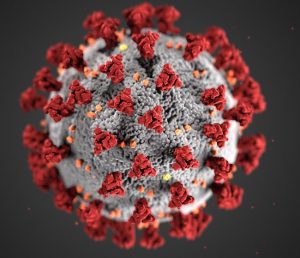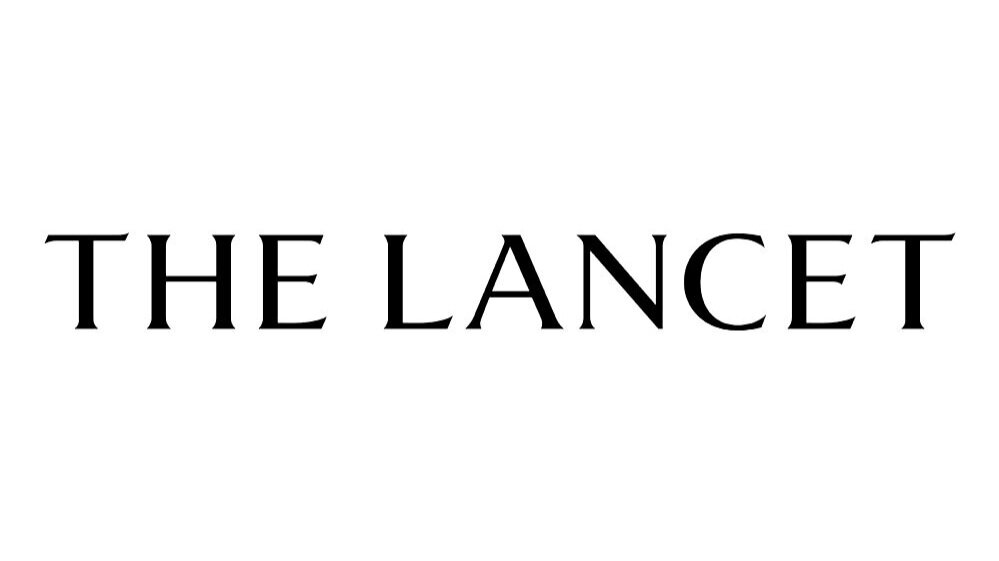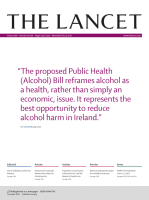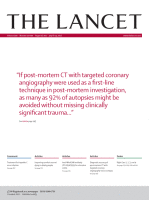
The Lancet has put an expression of concern on a 2006 case report of a baby’s death purportedly from morphine poisoning through breast milk. The decision comes just days after the New Yorker published a year-long investigation into the death and the controversies that have surrounded it.
The case report described the 2005 death of a baby boy whose mother had been prescribed Tylenol 3, which contains codeine. Gideon Koren, founder of the now-defunct Motherisk Drug Testing Laboratory at the University of Toronto’s Hospital for Sick Children, used the case for years to claim codeine – which gets metabolized to morphine in the body – can pose a lethal risk to breastfeeding infants.
“It feels like an element of vindication,” David Juurlink, professor of medicine and pediatrics at the University of Toronto, told Retraction Watch of the expression of concern. Juurlink, a pharmacologist and toxicologist who has been pursuing this case for over a decade, requested The Lancet retract the article in 2020, when he and a colleague published a review article calling into question key elements of the case report. The paper, he said, “really does serve as the foundation of an entire branch of pediatric pharmacology that shouldn’t exist.”
Continue reading Lancet flags long-scrutinized report of infant poisoned by opioids in breast milk






 Ask and ye shall receive: A journal has retracted a 2014 paper by Paolo Macchiarini,
Ask and ye shall receive: A journal has retracted a 2014 paper by Paolo Macchiarini,  A tribunal in the UK has
A tribunal in the UK has